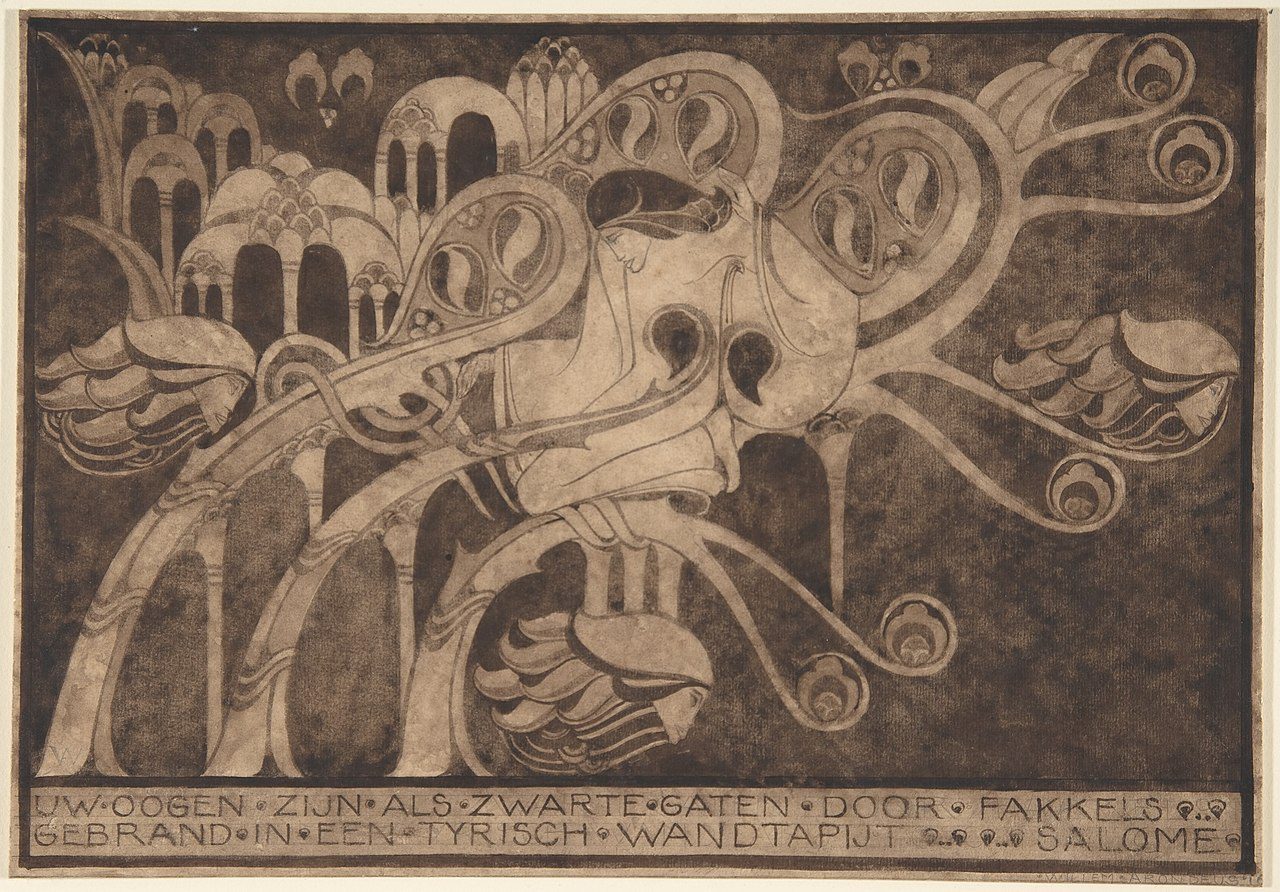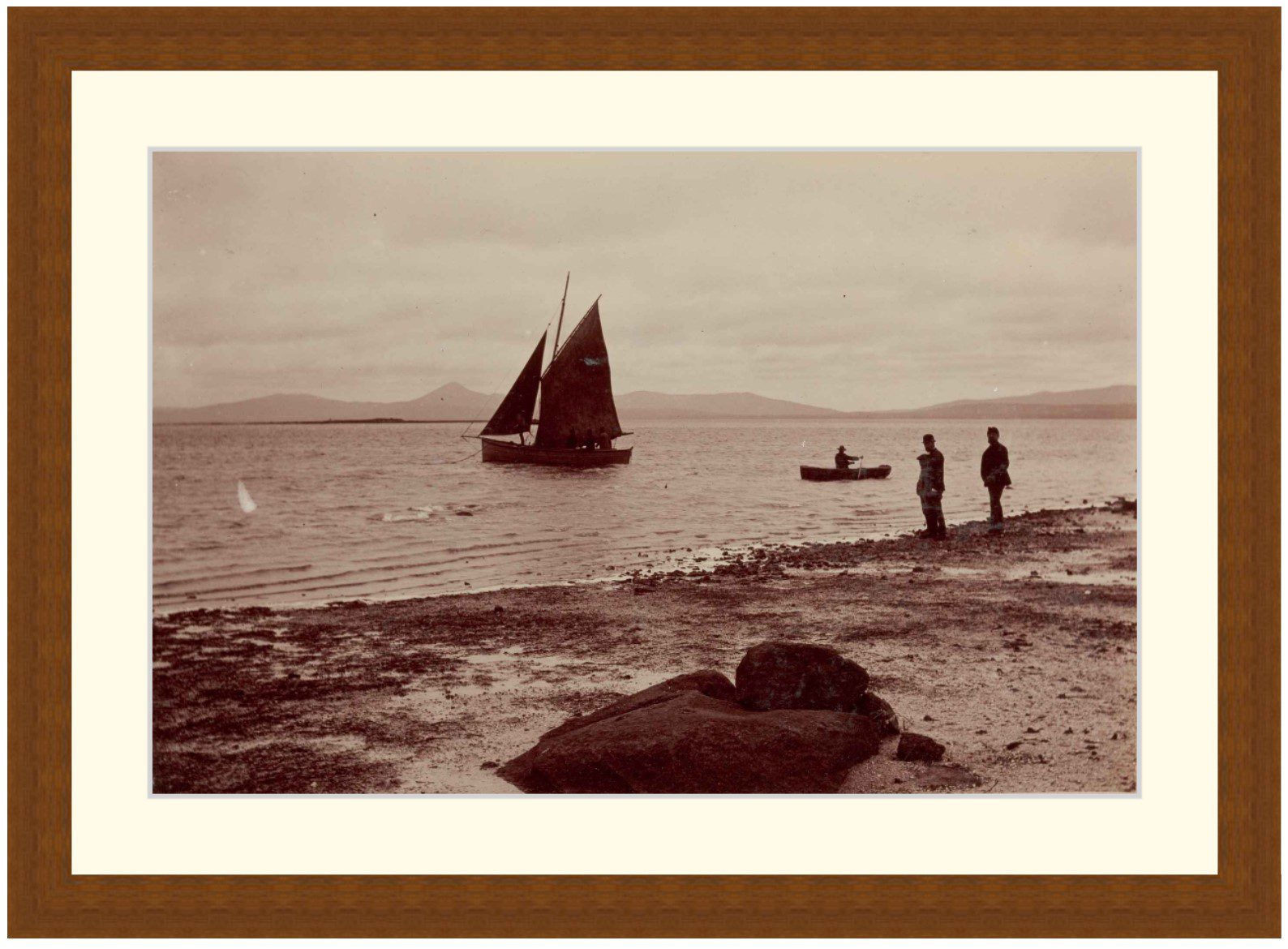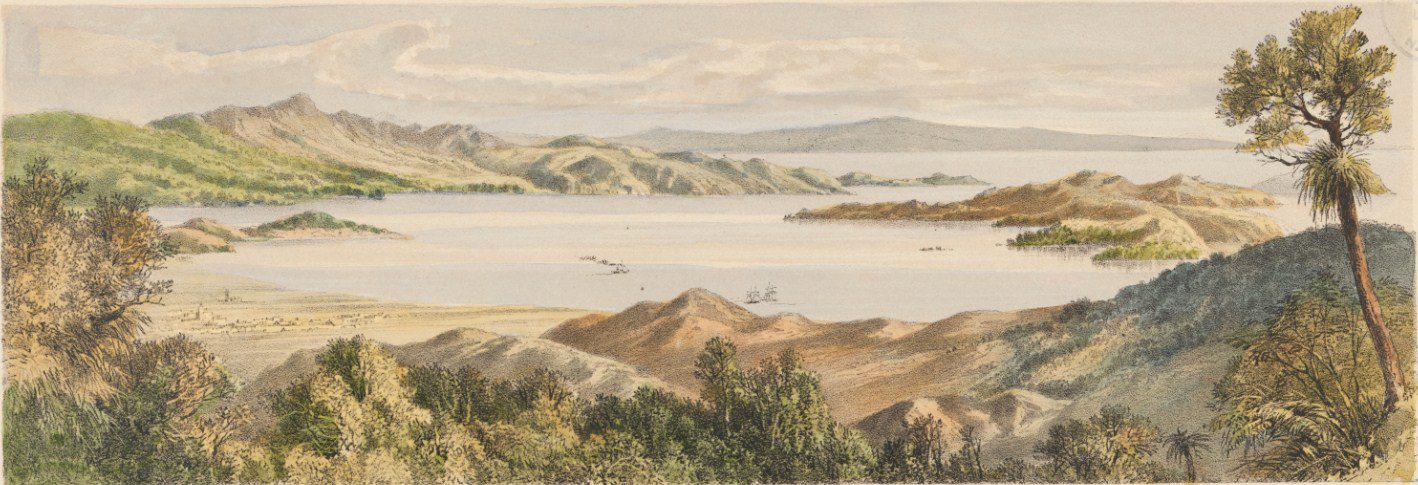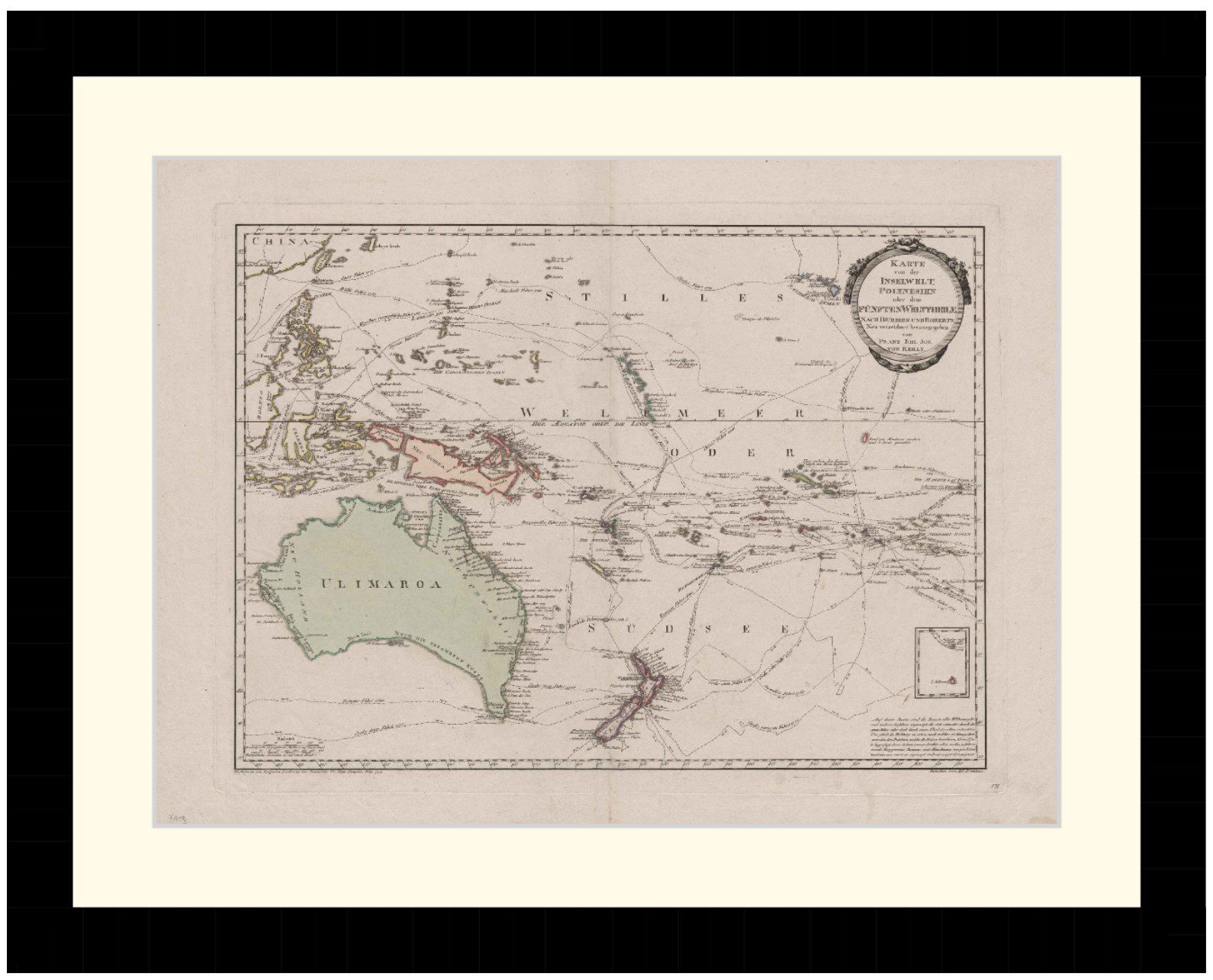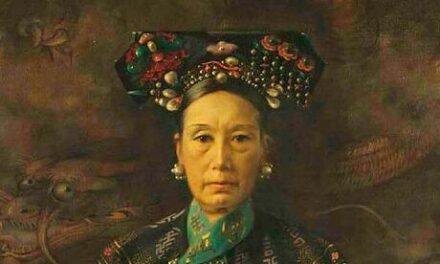Reading time: 7 minutes
Our world has such a long, twisted history, it’s no surprise that some tales have been lost and forgotten. Their forgottenness doesn’t make them any less important, however. Some forgotten tales have shaped the modern-day in weird and wonderful ways.
By Jade McGee
The Dark Year
In 536 AD, parts of the world experienced darkened skies, colder weather and crop failures. During what is considered to be the worst year to have been alive, a volcano or volcanos erupted, expelling its ash across the Northern hemisphere. There isn’t a firm consensus as to which volcano it was, with possible candidates in Iceland and North America. Europe, the Middle East, and parts of Asia experienced a volcanic winter, setting off the coldest decade of the last 2300 years. This resulted in what is known as the Late Antique Little Ice Age.
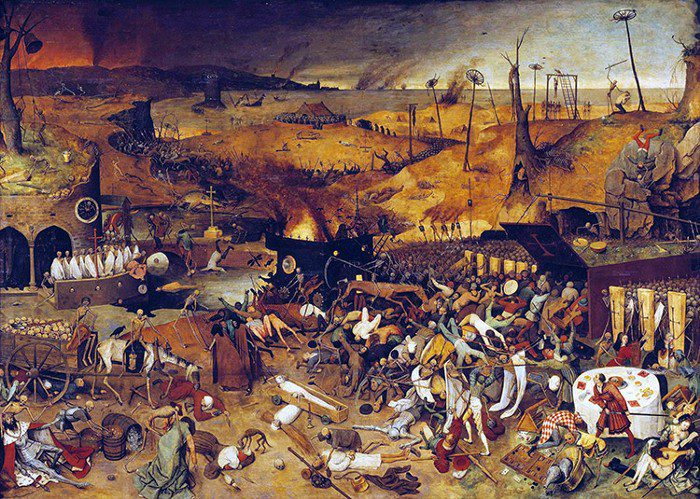
While this volcanic eruption wreaked havoc as it was, it also help contribute to the destructiveness of the Plague of Justinian. This “dark era” saw summer temperatures so low that it snowed across China in August. Crops failed and people starved. During this time many people died, the European population declined, possibly by as much as a third.
It’s one of the few legitimate reasons for calling this period in history the Dark Ages!
Frankland: The “Almost” 14th State
When one thinks about the American Revolution, unity under the United States flag comes to mind. But not every territory in the country defaulted to this. Instead, they had a few other options such as creating smaller Sovereign republics or breaking into new states.
One of these states was the state of Franklin, or “Frankland”. The 5000 residents of this region between the Appalachian Mountains and the Mississippi felt they were a distinct people. This was especially the case when, at the time they felt there was little concern being shown for these western territories.

This region was made up of four counties in North Carolina. But to help the financially struggling Congress government, North Carolina ceded around 30 acres of land to Congress. Whilst well-meaning, the offer led to a few concerns. First, was that the government might sell the land to foreign entities to reduce their debt. And second, with there being little to no control, the settlers would be left unprotected from First Nations American settlements.
Due to these concerns, North Carolina rescinded their offer, but it wasn’t enough. The four counties that would go on to make up the State of Franklin declared their independence from North Carolina. While they lost their petition to take on statehood within the United States, they forged on in defiance as an independent nation.
Frankland survived for four years, running a successful nation with a constitution and legal system. This small country also established treaties with the First Nation people. It’s most famous resident was David “Davy” Crockett, famed frontiersman and statesman, who was born in Greene County, Franklin.
Unfortunately, it wasn’t enough to keep the state going. Eventually, Frankland’s weak economy forced its governor to seek external aid. But, when the Cherokee, Chickamauga, and Chickasaw began attacking them, Frankland re-joined North Carolina to regain some protection.
After some time, the region was again ceded to form what is now Tennessee.
The Mid-Century Onion Debacle
In the mid-1950s, onions became the most traded commodity on the Chicago Mercantile Exchange. However, thanks to the Onion Debacle, the rules of trading have changed dramatically, and onion futures are the only banned trading commodity in the United States.

But how did this happen?
In 1955, Sam Siegel and Vincent Kosuga took advantage of an oversupply of onion’s. They bought tons of onions, and onion futures (a financial term referring to the contract buyers have with sellers to buy a commodity in the future for the price set today). Eventually, the two men controlled 98% of all of Chicago’s onions, owning around 30 million pounds of the vegetable.
Once they gained so much control over the market, Seigel and Kosuga began short-selling onion futures. Short selling, or Shorting, happens when a futures seller sells borrowed futures. This is done in the hopes that when they need to pay the owner of those shares, the price of the future has dropped, making the sellers a profit.
While shorting futures is usually a guessing game, Seigel and Kosuga weren’t guessing or hoping for a positive outcome. They were fully aware that if they suddenly released their onion stock onto the market, supply would increase, and their price would dramatically decrease.
But they took it one step further. When their previously bought onions began spoiling, they cleaned and repackaged them, making them look “new.” This ultimately signalled to futures traders that onions were in abundance, driving the price of onions down even more.
Seigel and Kosuga made millions of dollars, but as one can imagine, it had rippling effects across the country. The rest of the United States faced onion shortages thanks to the sheer number of vegetables in Chicago, where they were sold for around 10 cents a bag. This low price ultimately caused bankruptcy for many onion farmers.
The Commodity Exchange Authority realized what was happening and decided to amended the Commodity Exchange Act. Even now, almost 70 years later, onion futures trading is still prohibited, along with cornering entire markets like Seigel and Kosuga did.
Forgotten Japanese Female Warriors
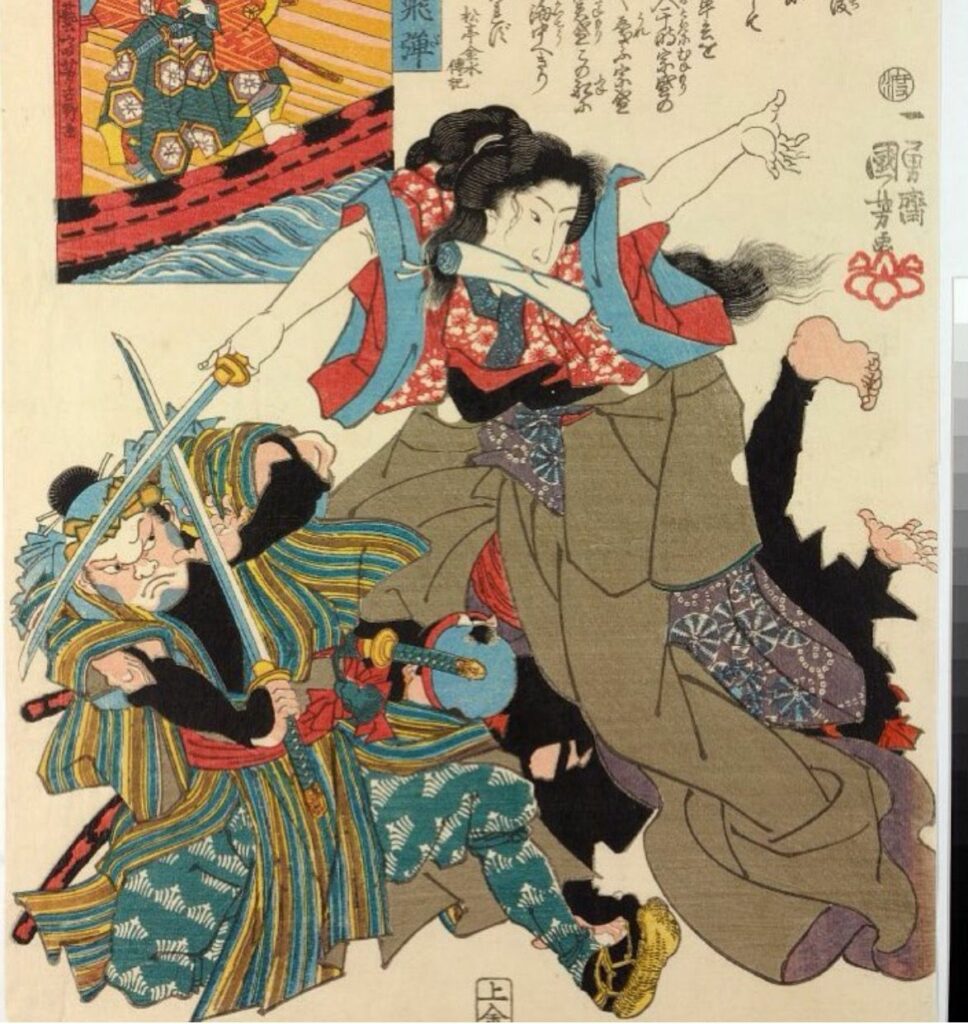
Long before the world saw Japanese warriors as predominantly male, there existed an entire group of female warriors in feudal Japan. They were known as the Onna-bugeisha, which translates to ‘female martial artist.’
Despite the widespread belief that women should submit to men and act as the family’s caretakers, some exceptions were made. These exceptions were specifically given to women who were strong, and independent, and were encouraged to train and fight alongside the male samurai.
These courageous women belonged to the Bushi class of Japanese warriors, who helped defend the land, settle new territories, and could become jito. Jito had the legal right to supervise these lands, something unheard of for Japanese women to do.
These female samurais played integral roles throughout Japan’s history, leading large armies and eventually, a group of specialised female warriors was created. Their leader Nakano Takeko is still considered one of the greatest samurai warriors of all time.
Unfortunately, with the rise of neo-Confucian philosophy during the Edo Period, the status of the Onna-bugeisha began to significantly decrease. This saw gender roles being applied more strictly, squeezing these women from many positions of power or responsibility.
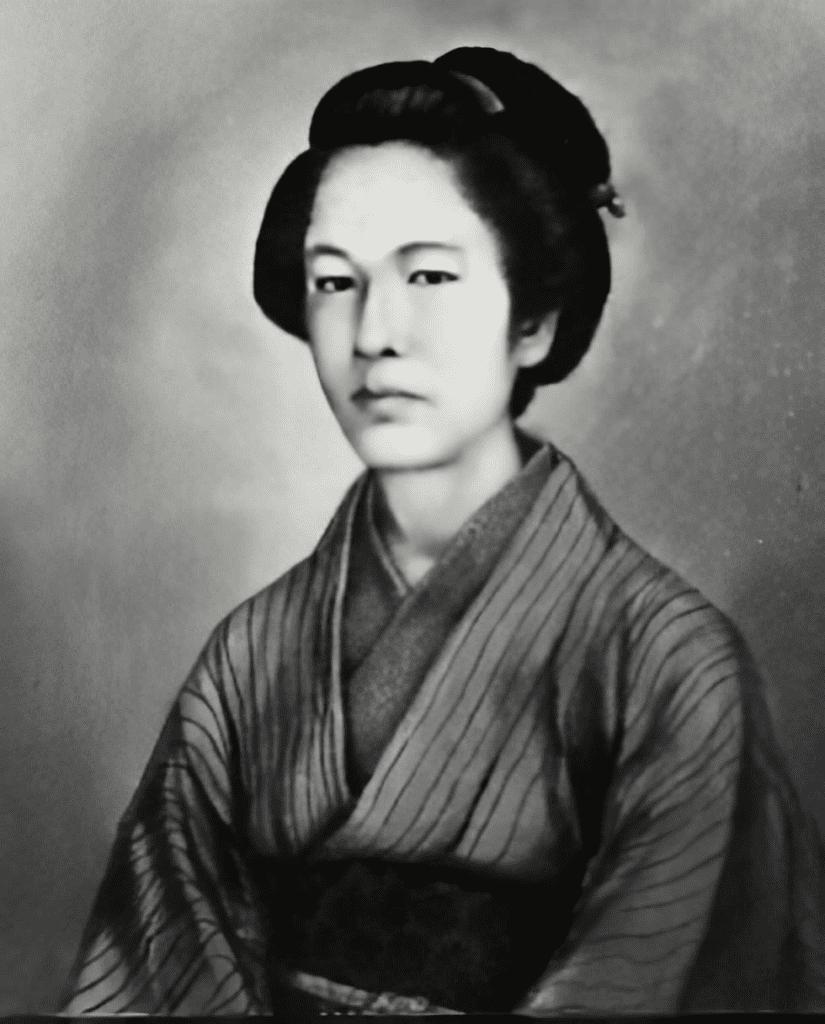
Our world is old, and it’s no surprise that some events have faded from people’s minds. But it’s important to remember that regardless of whether these events are as old as 536 AD or more recent, they still shaped the world we live in today.
Podcasts about Forgotten Historical Events that Shaped The World
Articles you may also like
The text of this article was commissioned by History Guild as part of our work to improve historical literacy. If you would like to reproduce it please get in touch via this form.





